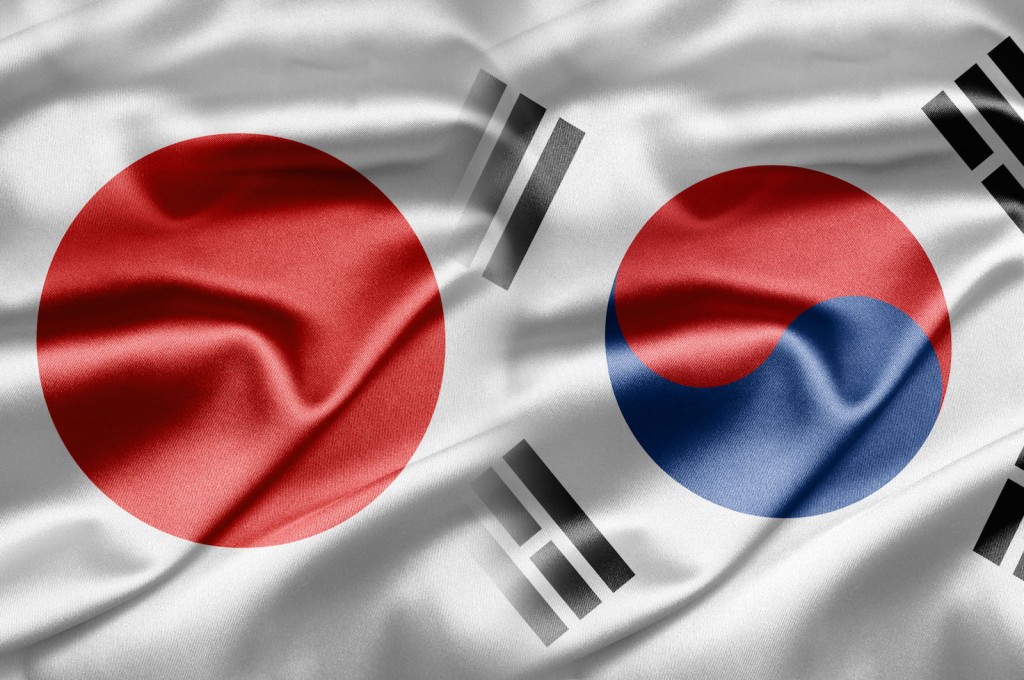 Japan and S. Korea will resume business travel amid COVID-19. (Image via GaijinPot Blog)
Japan and S. Korea will resume business travel amid COVID-19. (Image via GaijinPot Blog)
Japan, S. Korea to continue travel business on Thursday
Despite the strained relations between the two, Japan and South Korea (S. Korea) agreed to resume business travel between the countries starting Thursday. The decision, coming amid the novel coronavirus disease (COVID-19) pandemic, is seen as a measure to improve the bilateral relations which have sunk to their lowest point over wartime labor during Japan's invasion on the Korean Peninsula in 1910 - 1945. According to the Japan National Tourism Organization, in 2019, Japan saw 5.58 million S. Korean visitors, making it the second-highest number. Of the number, about 310,000 were business trips.
Imposing bans on the foreign visitors in February to curb the spread of COVID-19, Japan began easing the ban as part to revive its economy. Prime Minister (PM) of Japan, Yoshihide Suga, and his S. Korean counterpart, Moon Jae-in, had been negotiating since July for the resumption of business travel between the two countries and accelerated the talks in September.
The bilateral agreement between Japan and S. Korea was then announced by the Foreign Minister Toshimitsu Motegi. He stated that due to the extremely severe situation, the exchange of Japanese and S. Korean people starting with businesspeople are essential. Motegi stated that a similar bilateral agreement with Singapore will be made in August. Under the bilateral agreement, the short-term business trip travelers between Japan and S. Korea will not be required to do 14-day of self-isolation if they are able to submit travel itineraries and tested negative for COVID-19 among other preventive measures. Meanwhile, expatriates and other long-term residents are allowed to enter both countries as long as they maintain two weeks of the self-quarantine period.
The relationship between Japan and S. Korea has sunk to its lowest point since 2018 following the episodes of S. Korean court rulings that ordered the Japanese company, Nippon Steel, to compensate for the wartime forced labor by paying 100 million won ($84,150) each to S. Koreans while seizing its assets. In retaliation, Tokyo imposed export controls of materials important in semiconductor manufacture, a huge industry in S. Korea.
Source: https://bit.ly/36HVuAa
 English
English Japan
Japan
